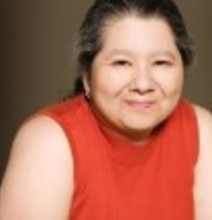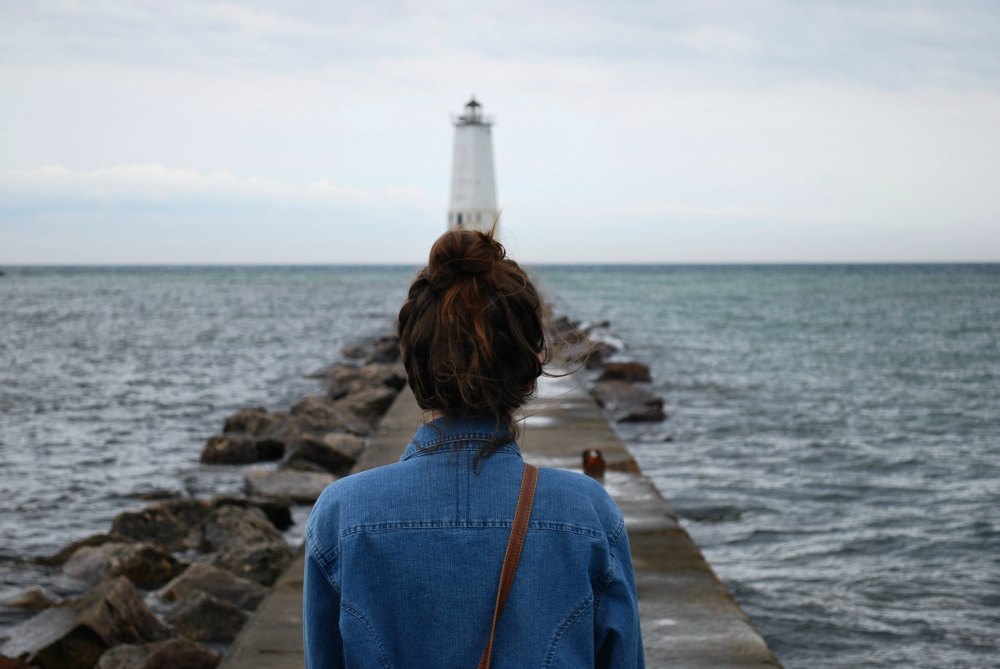My biological mother abandoned me when I was about six months. At least that’s the way the story goes. No one really knows for sure. The doctor who worked at the orphanage where I was dropped off assessed me to be about six months old. But since I was abandoned with no identifying information it was impossible for anyone to know for sure.
I was left in the garden of an orphanage in Seoul, Korea. I’ve always thought it to be very strange that my birth certificate says that I was born in Inchon but the orphanage was in Seoul. How did I get from Incheon to Seoul? A mystery that will never be solved, I think.
This event set me up a lifetime of fear of abandonment, one of the classic symptoms associated with Borderline Personality Disorder. I think that BPD is founded in learned behavior and so I think I was primed for it from a very early age. My entire life I was always afraid that I would be abandoned by another person someone I cared about and it terrified me. My adoptive parents told me that they wanted a child more than anything in the world and that they spent weeks poring over the photos which had been sent to them of babies from the orphanage where I was. My mom says that when they saw my picture they knew that I was the one they have been searching for. So, that’s the external narrative I grew up with but the voice inside me said something very different. It said, “You may have been wanted by them but your real mother didn’t want you!” So I constructed a fantasy about why she abandoned me. It went like this: She was a married woman who lived in a village who had so many children already so that when I came along she didn’t know what to do. That’s why she got rid of me. I was one too many mouths to feed. Notice that I added a whole bunch of other siblings to the story.
The stark reality of the situation though was that I was a child born to a Korean woman and a Caucasian father so I was a halfling. And in Korea in the late 1950s children of that nature were anathema. It wasn’t until much later that I learned that had I remained in Korea I would have been nothing more than a second-class citizen. I would have been denied education, employment and even marriage because Korean culture places such high value on bloodlines and blood purity.
The second biggest problem for me as a child was in my world there was absolutely no one who looked like me. Yes, my my adoptive father was Japanese and so he was Asian but Japanese people and Korean people have very different kinds of facial features. In the community where I grew up there were no other Asian children or Asian families, so I lived in a world of cultural isolation. My best friend from my early childhood was a little girl named Sandy who had the most beautiful blonde hair and piercing blue eyes and I wanted nothing more than to look like her. I came to despise my Asian eyes and straight black hair.
As I grew into my teenage years, I spent a lot of time thinking that I would love nothing more than to do search for my my biological mother but eventually the reality of the situation set in and I became distraught knowing that it was not something that would ever happen. I was abandoned in the garden of an orphanage with no clothes, no name tag and, no identifying information about me, so the chances of being able to trace her were virtually nonexistent. As I began to research that time in Korean history, I came to think that perhaps the story of my abandonment centered around my biological mother being killed in an honor killing by my biological grandfather and that it may have been my biological grandmother who took me to the orphanage and left me there as a way of saving me from his wrath. Why did I think that? Because I am Eurasian and so it was obvious that she had had some kind of sexual encounter not just with a man outside of marriage but with a Caucasian man. He would have been absolutely furious at the loss of face this caused him. All these factors led me to realize that I felt profound despair because of the circumstances surrounding my early life, my abandonment was actually the best thing that could have happened to me.
Still, that the initial abandonment set up a lifetime of anxiety for me. As I grew up into a teenager I became very angry and belligerent and adopted my policy of a basically “get them before they get me” or “the best defense is a good offense” I had a chip on my shoulder the size of the Rock of Gibraltar. and it was impossible for anybody to really get close to me.
I drifted from one boyfriend to the next never achieving any kind of real emotional intimacy with any of them. Eventually I married my husband. I chose him because I knew he would never leave me. Until he finally did.
Fear of abandonment for people with BPD is a terrible double-edged sword because it is the one thing that terrifies us and drives us yet it is the one thing that we often force the people in our lives to do because of our raging anger.
About the Author: Dee Chan

Dee Chan was diagnosed with BPD more than 35 years ago back when the diagnosis was still fairly new and not very well understood. She has been living with it and coping with it ever since and finding ways to thrive despite it. She has been able to put it into complete remission and turned her life around completely through the practices of gratitude, forgiveness and accountability. Find out more about Dee’s work on her website bpdnomore.com.



Leave a Reply